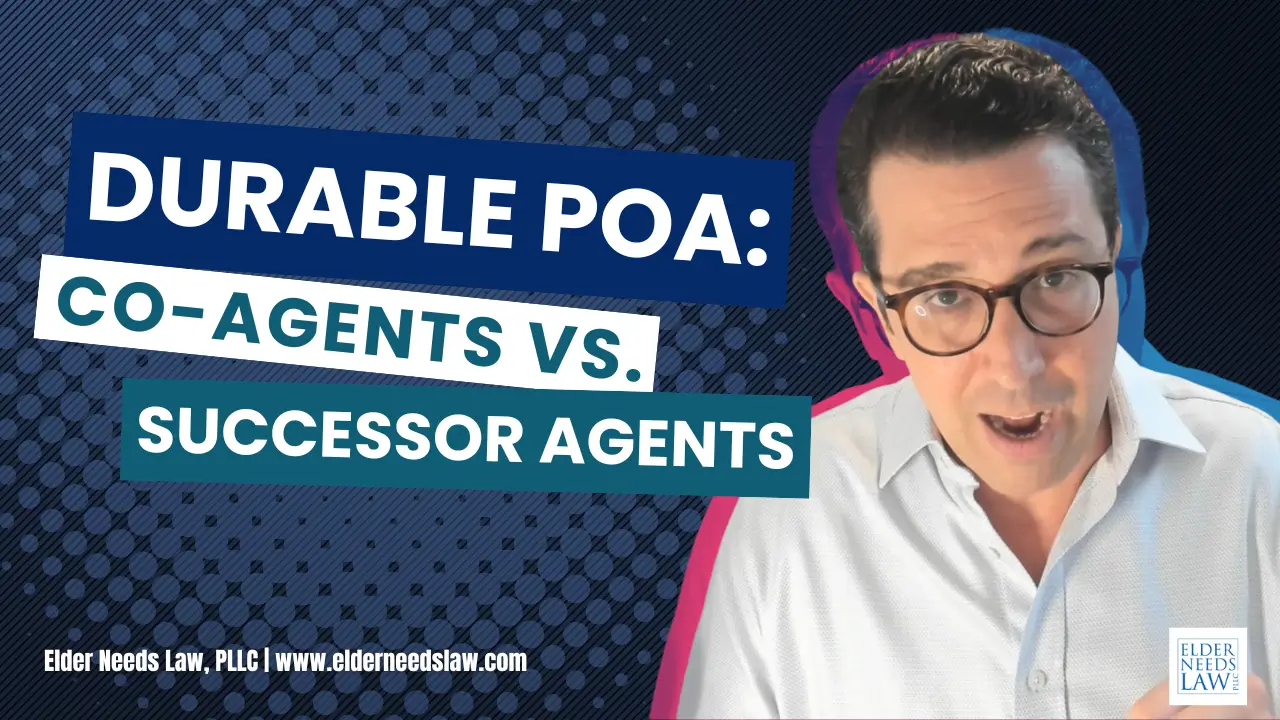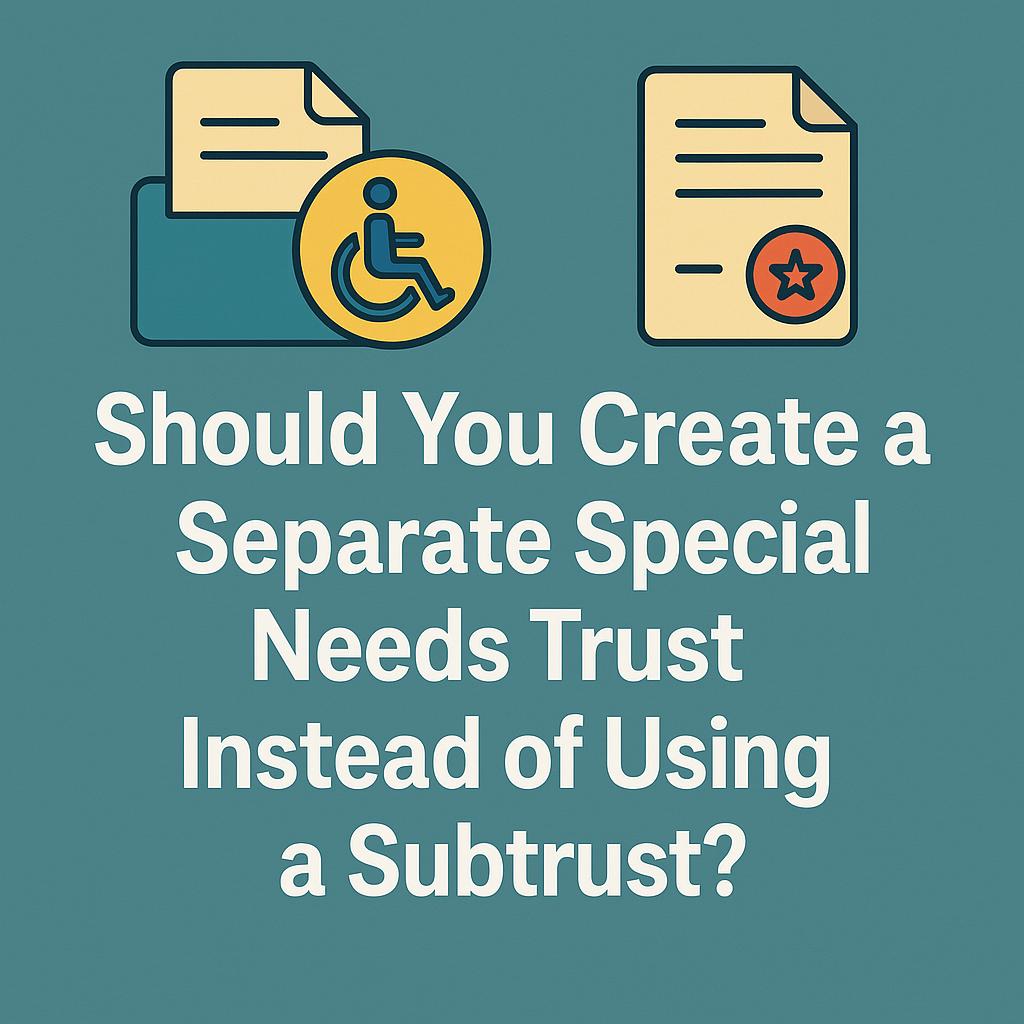How to Prepare for a Successful Transition from Special Education to Adulthood

For students with disabilities, the journey from high school to the world beyond classroom walls can be equal parts exhilarating and daunting. You've spent years developing critical life skills, carving out personal goals, and discovering your unique talents. But now, the path diverges - and the future seems brimming with uncharted possibilities alongside new complexities.
As parents and caregivers, you share in both the excitement and apprehension about this upcoming transition. To help you ensure your child has the proper support, resources, and plans in place, our special needs planning lawyers will explain secondary transition services, and how to prepare for life after graduation.
What Are Secondary Transition Services?
You've likely heard phrases like "transition services" or "transition planning" discussed in Individualized Education Program (IEP) meetings over the years. But what do they actually involve?
Under the Individuals with Disabilities Education Act (IDEA), public schools must provide a coordinated set of activities to improve post-school outcomes for students with disabilities. These transition services span critical areas:
- Postsecondary education or vocational training
- Integrated employment or supported employment opportunities
- Independent living skills instruction
- Community participation and awareness
Essentially, the goal is empowering your student with the skills and connections needed to smoothly "transition" from school-based life to adulthood - forging their own path toward further education, employment, and independent living.
The Individualized Education Program (IEP)
Of course, effective transition doesn't happen overnight or through a one-size-fits-all approach. It requires careful planning tailored to your student's unique strengths, interests, and needs.
This is where the IEP's role becomes pivotal. Beginning no later than the first IEP period when your student turns 16, the federally-mandated program must include measurable post-secondary goals related to:
- Training and Education
- Employment
- Independent living (as appropriate)
Additionally, the IEP should spell out the transition services, activities, coursework, and related services that support achieving those stated goals.
Preparing for Life After High School
While the school system provides a structured framework for transition, the reality is executing a seamless "hand-off" into adulthood often requires additional coordination and advocacy from parents or guardians.
A major early step is ensuring your student receives age-appropriate transition assessments designed to pinpoint their professional interests, independent living abilities, and academic/functional performance strengths. From vocational evaluations to surveying your student's self-determination skills, these assessments illuminate potential paths forward.
From there, your focus should broaden beyond the classroom - identifying viable post-school options like:
- 4-year universities, community colleges, or vocational programs
- Competitive, supported, or sheltered employment opportunities
- Residential, in-home, or group independent living situations
- Community integration through social outlets or day programs
Critically, involve your student in exploring and deciding between these options. Self-advocacy and choice remain core tenets of the transition process per Florida regulations.
Estate Planning Considerations for Families
Of course, quality transition planning extends far beyond boxes checked on IEP forms. Creating a sustainable blueprint for your loved one's future inevitably intersects with complex legal and financial considerations.
This is where our estate planning experience can identify solutions like special needs trusts to preserve eligibility for means-tested government benefits while reserving funds for supplemental needs. In conjunction with Third Party Special Needs Trusts, we can guide you through structuring ABLE accounts, too — providing tax-advantaged savings vehicles for disability expenses.
Additionally, our attorneys clarify options like guardianship, powers of attorney, and advanced directives to legally protect your family member's personal and financial decision-making capabilities as needed. We'll ensure you understand the steps to leverage community resources, respite care, and long-term services and support (LTSS), too. The key is positioning your loved one for maximum self-sufficiency and quality of life while securing their future interests.
Fostering Self-Determination and Independence
Under Florida guidelines, transition services must be delivered in the least restrictive environment possible, promoting access, inclusive opportunities, and full community integration. The more actively engaged your child remains, the smoother their adjustment into adult life will likely be.
Encourage your student's involvement in IEP meetings, goal-setting activities, and exploration of future interests. If appropriate, ensure they connect with peer support networks or community mentors. Building self-confidence and ownership over their personal vision is important.
Building a Comprehensive Transition Team
Of course, no family should go it alone when undertaking this transition process. Under IDEA, schools must facilitate coordination between educators, vocational counselors, agency representatives, and other key stakeholders shaping your student's future.
As your estate planning partners, our role extends beyond legal and financial consulting. We can advocate for your family's interests, ensuring your loved one's transition aligns with their abilities, preferences, and resources you've made available through trusts or benefits.
With our guidance, you'll understand how to effectively communicate your vision while building an engaged, collaborative transition team dedicated to shared goals.
The Road Forward Starts with Our Family-Focused Approach
For families transitioning from special education services into adulthood, the path ahead can seem winding and unknown. However, with careful planning and a team of devoted advocates, what lies ahead is a world of possibility, not barriers.
At Elder Needs Law, our practice centers on holistically safeguarding your loved ones' futures through compassionate legal and financial counseling. We understand the challenges families face during this transition - but we're also intimately familiar with the incredible joys of witnessing each student grow into their best, most independent self.
If the coming years have you or your family feeling adrift or uncertain about the next steps, reach out to our estate planning team today. We'll bring clarity through consultations tailored to your student's unique circumstances and goals.







